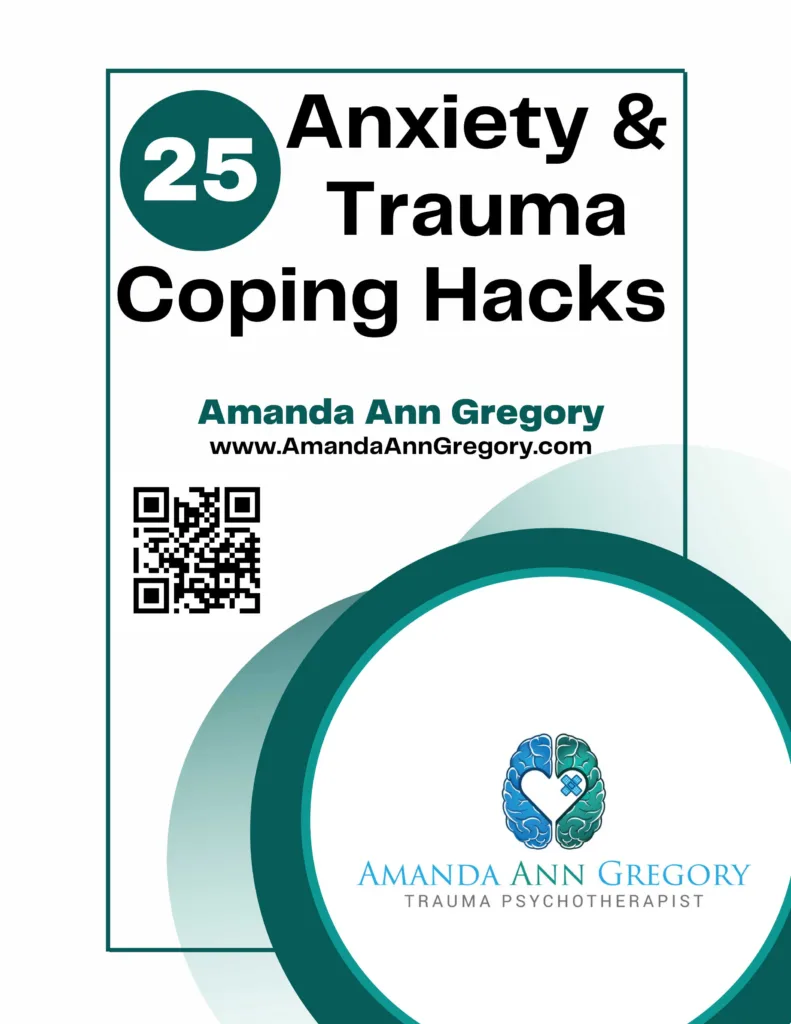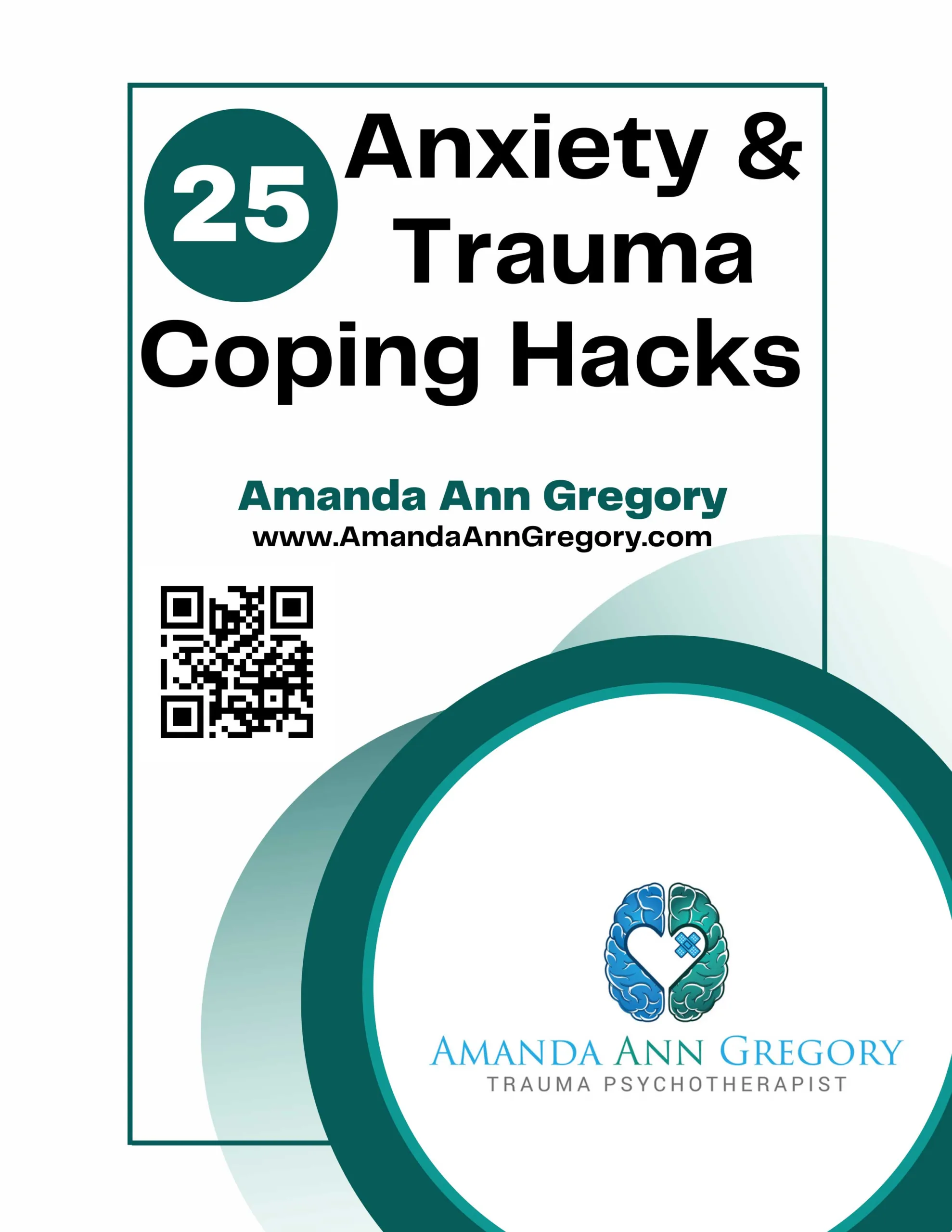My inbox exploded after I wrote “Why Forgiveness Isn’t Required in Trauma Recovery” for Psychology Today. I received messages from readers who reported feeling validated, while others noted that, for them, forgiveness was a vital part of their healing process. Research has indicated that forgiveness can have a positive impact on physical and mental health, yet there is little research on how forgiveness impacts trauma survivors, and few ever consider the potentially harmful effects of forgiveness on trauma recovery.
As a trauma psychotherapist who written the book You Don’t Need to Forgive, I’ve witnessed the deleterious impact that compulsory forgiveness can have on a trauma survivor’s healing process. When trauma survivors are not willing or ready to forgive, forgiveness can be psychologically and physically harmful, even life-threatening. For the purpose of this post, I will focus on trauma that occurs within relationships or that is perpetrated by persons.
Here are five reasons why trauma survivors should be cautious when focusing on forgiving their perpetrators.
1. You’re not safe
Your safety is more important than forgiveness. If you are still in danger from your abuser, forgiving them may put you at risk for further victimization. For example, mental health professionals, clergy, and family/friends have encouraged domestic violence victims to forgive their abusers. Some of these victims forgave and returned to an unsafe environment, where they were murdered by their abuser.
McNulty (2011) discovered that spouses who reported that they are more forgiving are more likely to experience physical and psychological aggression in the first four years of marriage. Spouses who described being less forgiving reported a decline in physical and psychological aggression from their partners over time. This suggests that forgiving your abuser when you are not safe could place you at risk for additional abuse and trauma.
2. Your relationship needs natural consequences
Forgiveness may inhibit natural consequences, which are a vital ingredient of healthy relationships. A natural consequence is a concept used in child psychology that describes a response to a child’s misbehavior that is independent of their parents’ admonishment or intervention. For example, if your child hits a peer at school, this peer may refuse to attend your child’s birthday party the following week. Child therapists encourage parents to allow natural consequences to occur (within reason) rather than interfere by demanding, for example, that the peer forgive their child and agree to attend the birthday party. This natural consequence could help motivate your child to avoid hitting their peers in the future.
It’s important to note that forgiveness and natural negative consequences are not mutually exclusive (and that forgiveness may itself be a natural consequence). For example, this peer might forgive your child yet nevertheless refuse to attend the party due to not feeling safe or comfortable. Sometimes, we encourage forgiveness in order to rescue someone from experiencing natural consequences. Yet, such consequences are an important part of personal growth and moral development.
3. You need to focus on emotional processing
Forgiveness can be used as the path of least resistance, which isn’t always a good thing. Trauma treatment is emotionally, and at times physically, painful. To avoid the pain of processing trauma, you might force yourself to forgive your abuser in the hope that doing so will ameliorate the impact of the trauma. Yet, the relief that is experienced is usually temporary (if any comes at all). You can’t get around trauma processing; the only way forward is through it. You need time and space to acknowledge and experience all of your emotions, including rage, fear, resentment, and shame. When forgiveness occurs in therapy, it’s usually experienced at the end, not the beginning, of treatment.
4. Your needs take priority
It takes a great deal of emotional and physical energy to protect yourself from someone who has harmed you. You may need to establish and maintain firm boundaries in your relationship, end your relationship, strengthen your support system, seek medical and/or mental health treatment, and navigate flawed social service, medical, and legal industries. This can be exhausting. You may not have the energy to focus on forgiving your abuser; if you don’t, then forgiveness shouldn’t be your priority. Instead, your needs should be your priority.
5. You don’t want to forgive
You shouldn’t forgive if you do not wish to do so. It doesn’t matter what your reasons are. Forgiveness is, or ought to be, entirely your decision. Trauma survivors need agency in order to feel safe, and forgiveness can diminish or undercut a survivor’s sense of their own ability to control a situation. You may need to experience and express your agency before you consider forgiveness. Robert Enright, Ph.D., who pioneered the scientific study of forgiveness (2001), reported “… some people choose not to forgive. Respect for the rights of others requires that we respect that choice. We can educate others about what it means to forgive and the process of forgiveness but the choice to forgive is theirs alone.” Therefore, you should respect your right to withhold forgiveness, as should others.
There are many reasons why trauma survivors should be cautious when focusing on forgiving their abusers. Perhaps you can think of a few additional reasons that I haven’t listed. If you are a trauma survivor, forgiveness can be an important part of your trauma recovery, but it doesn’t have to be.
Purchase my book, You Don’t Need to Forgive

Sign up to get your Free eBook: 25 Anxiety & Trauma Coping Hacks

Hire me to speak at your event! Contact Me






